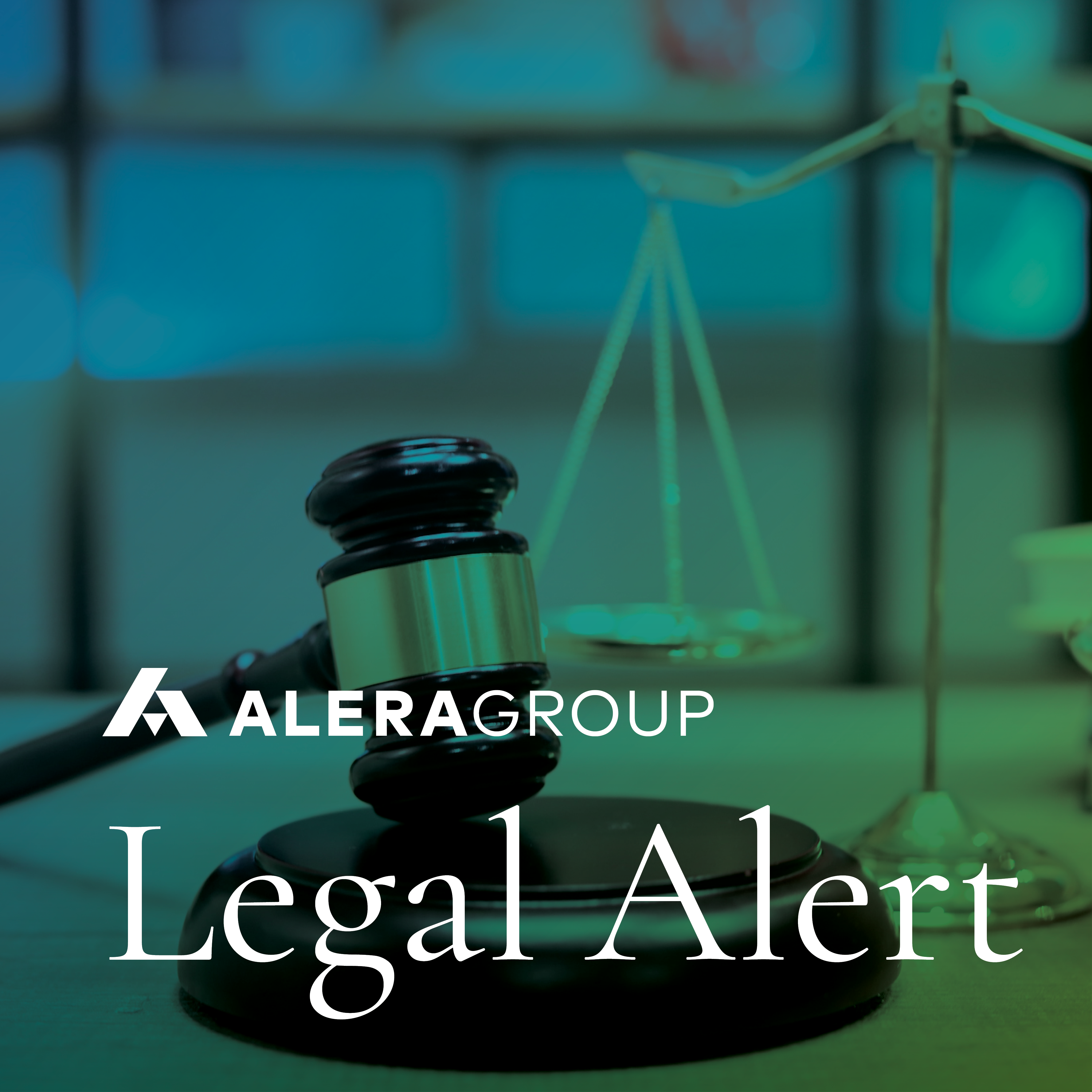Employee Benefits
Agencies Push Pause Button on Enforcement of MHPAEA 2024 Final Rule
May 16, 2025

On May 15, 2025, the Department of Labor, Department of Health and Human Services, and the Treasury Department (collectively, the “Agencies”) released a statement regarding the Agencies’ recent request for abeyance of a lawsuit filed by the ERISA Industry Committee (“ERIC”) in the U.S. District Court for the District of Columbia that challenged certain aspects of Mental Health Parity and Addiction Equity Act (MHPAEA) Final Rule (“2024 Final Rule”) relating to nonquantitative treatment limitation comparative analyses (“NQTL analyses”). While the lawsuit is in abeyance, the Agencies indicted that they intend to review the 2024 Final Rule in light of President Trump’s recent Executive Order 14219 (“Ensuring Lawful Governance and Implementing the President’s Department of Government Efficiency Deregulatory Initiative”) which requires the Agencies to identify regulations which, among other things, may impose undue burdens on small businesses or significant costs on private parties. During this time, the Agencies will consider whether the 2024 Final Rule will be rescinded or modified through agency regulatory processes, including notice and comment periods.
The statement also expresses the Agencies’ policy that the 2024 Final Rule will not be enforced prior to 18 months following the end of the ERIC lawsuit. As set forth in the statement, this only applies to provisions of the 2024 Final Rule that were added since the 2013 MHPAEA final rule was implemented by the Agencies. It does NOT impact the statutory provisions of the Consolidated Appropriations Act, 2021 (“CAA 2021”) which imposes written MHPAEA comparative analyses on plan sponsors. Accordingly, employers are still required to maintain written NQTL analyses pursuant to the CAA 2021; however, the comparative analyses will not include some of the data collection, design and application, and fiduciary certification requirements included in the 2024 Final Rule at this time.
Agency Statement
The Agencies’ statement indicates that they intend to take a broader look at the their future enforcement approach under the MHPAEA, including the statutory provisions in the CAA 2021, and, until they decide which direction to go (through the rulemaking process, which will take place within 18 months after the ERIC lawsuit is resolved), plans and issuers should rely on the MHPAEA final rules released in 2013, FAQs About Mental Health and Substance Use Disorder Parity Implementation and the Consolidated Appropriations Act, 2021 Part 45, and other Agency subregulatory guidance related to the MHPAEA.
Next Steps for Employers
Employers who sponsor group medical plans subject to MHPAEA MUST still complete NQTL analyses pursuant to the CAA 2021. The Agencies’ nonenforcement policy does not relieve employers of this requirement, nor does it mean that the Agencies will not enforce the written comparative analyses requirements under the CAA 2021. Instead, employers will use prior guidance from the agencies that was used by employers from February 15, 2022 until January 1, 2025 when the 2024 Final Rule became effective. This means:
- Employers with fully insured plans subject to MHPAEA should continue to communicate with their carriers to ensure the carrier is performing the NQTL analyses.
- Employers with self-insured plans subject to MHPAEA (generally, those with more than 50 employees) should ensure their contract with their third party administrator (TPA) requires that the TPA complete and/or provide all of the data necessary for another party to complete the NQTL analyses, and that the TPA will assist in providing any and all additional data requested by the DOL in the event of an audit.
- Employers who have any carved-out coverages subject to MHPAEA should ensure the TPA for those benefits is assisting with and/or completing NQTL analyses relative to the specific benefits involved. For example, if the employer has a self-funded medical plan with a separate prescription drug benefit administered by a pharmacy benefit manager (“PBM”), the employer should ensure the PBM is performing or assisting a qualified service provider who is performing and documenting the comparative analyses related to the prescription drug benefits.
- Employers should be prepared to submit the plan’s comparative analyses to the DOL or plan participants upon request.
The information provided in this alert is not, is not intended to be, and shall not be construed to be, either the provision of legal advice or an offer to provide legal services, nor does it necessarily reflect the opinions of the agency, our lawyers, or our clients. This is not legal advice. No client-lawyer relationship between you and our lawyers is or may be created by your use of this information. Rather, the content is intended as a general overview of the subject matter covered. This agency and Barrow Lent LLP are not obligated to provide updates on the information presented herein. Those reading this alert are encouraged to seek direct counsel on legal questions.
© 2025 Barrow Lent LLP. All Rights Reserved.
This alert was prepared for Alera Group by Barrow Lent LLP, a national law firm with recognized experts on ERISA, Affordable Care Act. Contact Stacy Barrow or Nicole Quinn-Gato at sbarrow@marbarlaw.com or nquinngato@marbarlaw.com.
